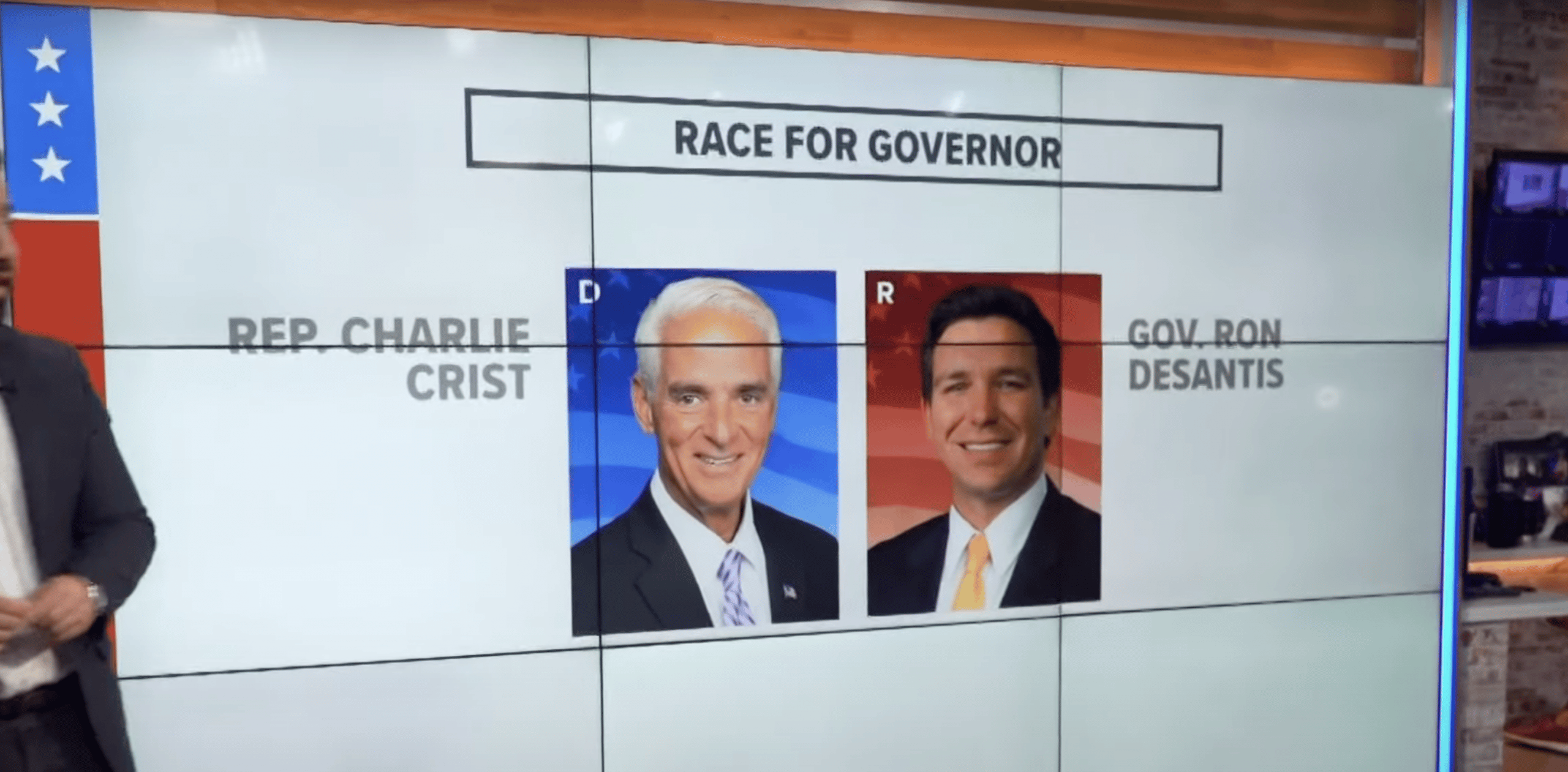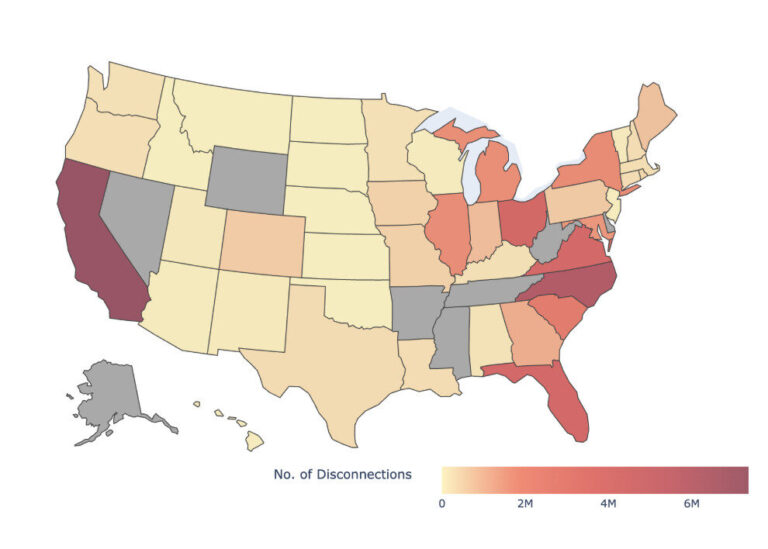Amid Connections to Ongoing Election Scandals, NextEra Pours Millions into Florida’s 2022 Election Cycle

With two months until voters elect the next Florida Governor, NextEra Energy and its subsidiaries, Florida Power & Light and Florida City Gas, have poured nearly $6 million into state level campaign funds and political committees. The majority of Florida Power & Light (FPL) contributions have been to the Florida Republican Party, GOP committees and candidates, and political committees associated with corporate special interests. The utility company also contributes to many Democrats and to the Florida Democratic Party. FPL’s campaign contributions appear to be on pace with the utility’s political giving of over $8.1 million in the 2018 gubernatorial cycle. FPL has already passed the $5.1 million total amount it spent in the 2020 cycle.
FPL’s business-as-usual political contributions have continued amid intense media focus on its role in ongoing dark money election scandals and related criminal trials, with state lawmakers and a member of Congress calling for further investigation into FPL’s involvement. Investigative reporters have directly connected senior FPL executives, including CEO Eric Silagy, to consultants involved in the dark money campaign schemes. To date, no FPL employees have been charged with any crimes. Reported contribution totals over $100k as of September 7, 2022, from the Florida Division of Elections Campaign Finance Database. View dataset here.
The Governor appoints members to the Florida Public Service Commission (PSC), the regulatory body responsible for overseeing utilities and determining their profitability, making influence over the Governor’s office critical to NextEra’s shareholders. Earlier this year, current PSC members, appointed by Gov. Ron DeSantis, approved FPL’s rate hike, raising Floridian’s monthly bills by over $1.5 billion in the next few years with annual increases through 2025, while increasing FPL’s profits. DeSantis appointees also allowed FPL to pocket over $1 billion in corporate tax savings instead of passing those savings on to customers. In his Seeking Rents newsletter, publisher Jason Garcia called this decision: “one of the most controversial decisions made in recent years by the PSC, a five-member panel comprised of four DeSantis appointees and one remaining holdover from former Gov. Rick Scott.”
The Governor also has veto power over legislation that Florida’s GOP-majority legislature passes. Over the course of DeSantis’ tenure, he used that veto power once to block an anti-rooftop solar bill written by FPL. Otherwise, DeSantis has been largely friendly to NextEra and FPL’s legislative priorities, granting the utility $2.75 million in tax breaks on speculative “green hydrogen,” signing legislation that gave FPL permission to charge customers tens of billions of dollars for burying lines, signing legislation preventing gas bans that would have aided Florida City Gas, and also signing legislation that forced the resignation of utility critic JR Kelly from his leadership of the Office of Public Counsel, which represents ratepayers in rate cases. This legislation allowed for Kelly to be replaced with a former utility lobbyist, Richard Gentry.
The governor’s office also comes with a bully pulpit and executive order authority, both of which DeSantis has used frequently, pushing his “anti-woke” platform on everything from school curriculum to state pensions, unilaterally suspending elected officials, and creating his own “election police agency.” But DeSantis’ election police agency has remained silent on FPL’s connection to election scandals, criminal trials, and ongoing investigations, instead focusing on the arrest of 20 individuals who may have registered to vote while ineligible, despite allegedly being told that they were eligible to vote, and the state’s issuance of voter ID’s.
DeSantis received $25,000 from a dark money non-profit funded by FPL in the 2018 election cycle, according to reporting from the Miami Herald. The non-profit, called “Broken Promises,” first donated the funds to a political committee called Consumers for Energy Fairness. The committee donated $25,000 to DeSantis’ political committee on the next day.
FPL consultants also used Broken Promises to boost a spoiler candidate in a 2018 state senate race in Gainesville, FL, according to previous reporting from Miami Herald. FPL’s consultants used similar spoiler candidate tactics in the 2020 election cycle in three senate races throughout the state. In all races, the Republican won the election.
DeSantis is running against former Republican Governor and current Democratic nominee Charlie Crist, who has been a vocal critic of FPL throughout his political career. Crist secured a deal to freeze FPL rates in 2005 as Attorney General, and he opposed FPL’s $1.3 billion rate increase in 2009, which was then blocked by Crist appointees at the PSC. Crist has also criticized FPL on the campaign trail, calling the utility out for raising its rates on Floridians and criticizing FPL for attempting to block clean energy with anti-solar legislation.
While the utility has contributed over $105,000 to the Florida Democratic Party, neither Crist nor his political committee has reported any political contributions from NextEra or the company’s subsidiaries during this or previous cycles. FPL has a long history of spending to campaign against Crist, spending up to $1 million against Crist’s bid for governor in 2006 after contributing $225,000 to Crist’s opponent in the Republican primary – the largest donation FPL had ever made at the time.
Header Image Credit: YouTube, 10 Tampa Bay



